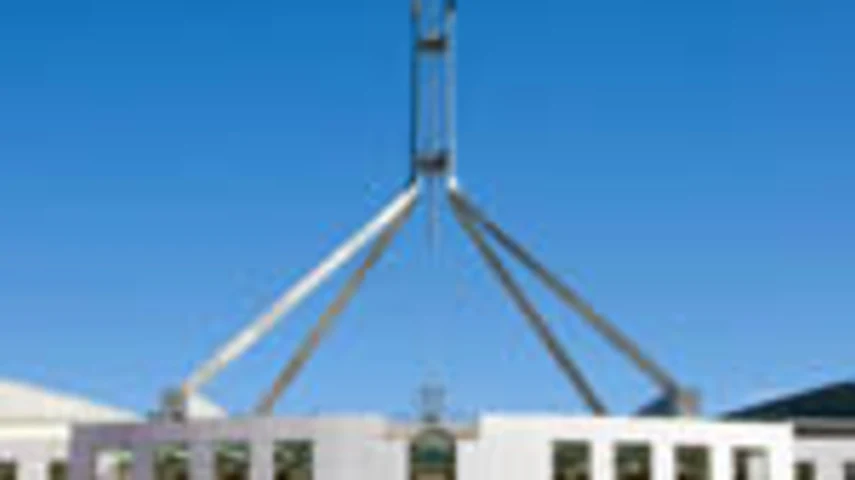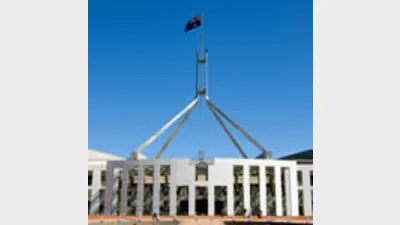Stronger Super disadvantages SMSFs



The banning of in-specie asset transfers, as announced within the latest Stronger Super reforms package, will disadvantage self-managed super funds (SMSFs) and expose them to greater costs and risks, according to Hewison Private Wealth.
John Hewison, CEO of Hewison Private Wealth, said while the proposed introduction of MySuper had been widely applauded, the ban of in-specie, off-market asset transfers for SMSF investors unfairly discriminated against self-managed super funds.
"The issue is that under the new reforms, SMSF investors have restrictions applied, but institutional and industry superannuation funds, which also use these transactions, are exempt," he said. "In addition, the ban will most likely impose additional brokerage costs on SMSF members and exposes their assets to greater risk, especially given current market volatility."
Hewison said that under the proposed reforms, SMSFs must now make these transactions through a recognised market, such as the Australian Stock Exchange.
"So using shares as an example, this means the investor must sell the asset on the share market, wait four days for trade to settle, transfer the cash into their super fund and rebuy the shares - taking up to a week to complete the transaction," Hewison said.
"Given the current market volatility, these measures are an unnecessary gamble for SMSF members which could impact the value of their assets in the process."
According to Hewison, the reforms follow the Cooper Review's speculation that SMSFs were using this type of transaction to minimise capital gains tax (CGT) by choosing the transfer date to coincide with a low price for the asset, most commonly publicly listed shares.
"But if this is a concern then it should apply equally to any entity, including individuals, trusts and companies that also commonly use this form of transaction - for instance, in lending shares to short sellers which it could be argued is market manipulation," he said.
"There is no logical reason to have singled out SMSFs, which are audited, when there is little evidence to suggest SMSFs are using in-specie transfers to avoid capital gains, and one could argue that institutional investors would have a far greater impact in this regard.
"This additional red tape goes against the grain of a simplified superannuation system, particularly when there are already systems in place to protect the integrity of self-managed super funds and auditors who should be trusted to do their job."
Recommended for you
ASIC has commenced civil penalty proceedings in the Federal Court against superannuation trustee Diversa Trustees, regarding the First Guardian Master Fund.
The winners have been announced for the 2025 Super Fund of the Year Awards, held in Melbourne on 26 November by Money Management's sister brand Super Review.
Data and technology provider Novigi has acquired Iress’ superannuation consulting and managed services business from Apex Group.
AMP is to launch a digital advice service to provide retirement advice to members of its AMP Super Fund, in partnership with Bravura Solutions.










